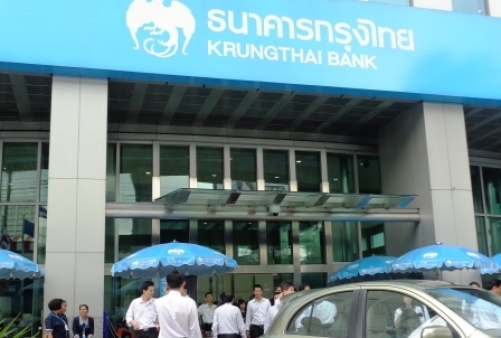
Krung Thai Bank's asset quality deterioration faster than system average
NPL ratio shot up to 3.5%.
Krung Thai Bank Public Company Limited recently announced to Thailand’s stock exchange that the bank’s board of directors had approved THB3.6 billion ($107 million) in additional provisioning expenses for bad and doubtful debts.
According to a research note from Moody's Investors Service, this increase in credit costs is credit negative because it signals that the banks’ asset quality is deteriorating in Thailand’s challenging operating environment.
Further, this will negatively affect the bank’s profitability.
Here's more from Moody's Investors Service:
After weak real GDP growth of 0.7% in 2014, we expect Thailand’s economic conditions to remain challenging, and forecast real GDP growth of 3% this year, versus an average of 4.6% in 2010-13.
The slowdown in economic growth has made it more difficult for leveraged households and small and midsize enterprises (SMEs) to service high debt levels. We expect systemwide asset quality to deteriorate further in these segments.
KTB’s asset quality deterioration in the first quarter of 2015 has been much faster than the system average. At the end of March 2015, the bank reported a gross nonperforming loan (NPL) ratio of 3.5%, up from 2.9% at the end of 2014.
The systemwide NPL ratio at the end of March 2015 was 2.3%, up from 2.2% at the end of 2014. Given that the most vulnerable segments of retail and SME constituted more than 50% of KTB’s loan book at the end of 2014, we expect the bank to be susceptible to further downside risks that would put further pressure on its credit costs and profitability levels.






















 Advertise
Advertise








